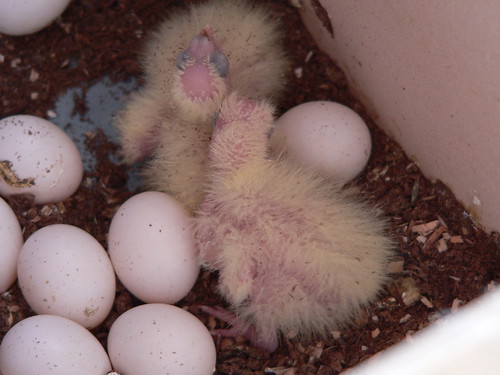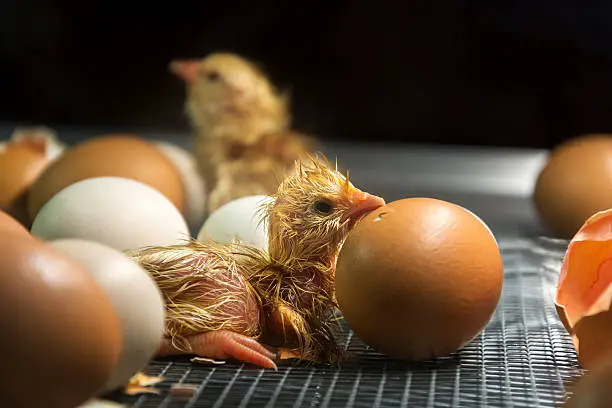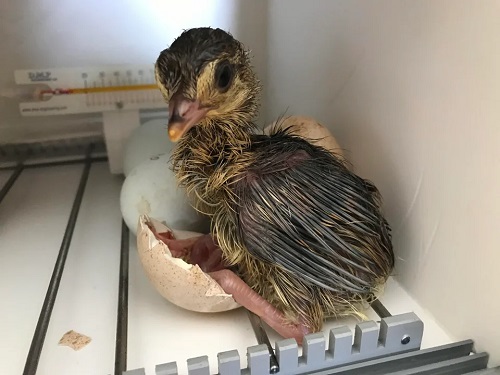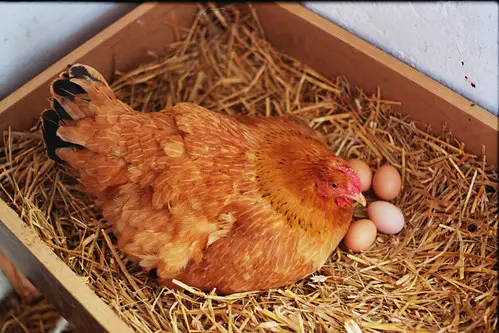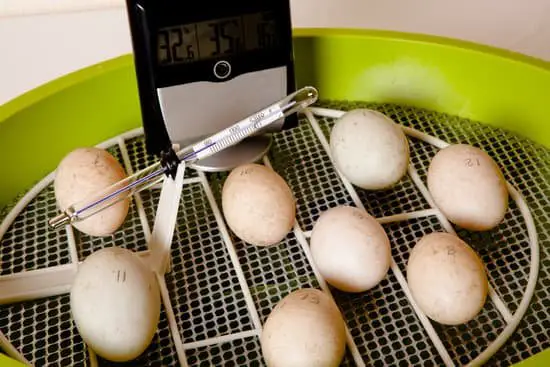Table of Contents
If you are a cockatiel owner and have been eagerly waiting for your bird’s eggs to hatch, you may be disappointed and worried if they don’t hatch after 21 days. This is the average incubation period for cockatiel eggs, but it can vary slightly depending on the temperature and humidity of the nest box. However, if the eggs are still unhatched after 25 days, they are most likely infertile or dead.
There are several possible reasons why cockatiel eggs may not hatch. Some of them are:
1. The eggs were infertile
This can happen if the male and female cockatiels are not compatible, are too young or old, or have health problems that affect their fertility. To check if the eggs are fertilized, you can use candling. This involves shining a bright light through the egg and looking for signs of blood vessels or an embryo. The egg is infertile if it is clear or has a dark spot in the center.
2. Inadequate egg turning
Cockatiels must turn their eggs several times daily to prevent the embryo from sticking to one side of the shell and dying. If the parents are inexperienced or neglectful, they may not turn the eggs enough. You can help them by gently turning the eggs yourself once or twice daily, but be careful not to disturb the nest too much.
3. Exposure to extreme temperatures or humidity
Cockatiel eggs need a stable temperature of around 37°C (99°F) and a humidity of about 60% to hatch successfully. If the nest box is too hot, cold, dry, or wet, the eggs may not develop properly or die. You can monitor the temperature and humidity of the nest box with a thermometer and a hygrometer and adjust them accordingly by adding or removing bedding, ventilation, or heating.
4. Damage by predators, parasites, or accidents
Cockatiel eggs are vulnerable to attacks by other birds, rodents, insects, or other cockatiels. They may also be cracked or broken by accidental drops or bumps. If the eggs are damaged, they may leak or get infected, and the embryo may die. You can protect the eggs by placing the nest box safely and securely away from potential threats.
5. Genetic defects or diseases
Sometimes, cockatiel eggs may not hatch because of inherited abnormalities or infections that affect the embryo’s development or survival. Inbreeding, poor nutrition, environmental toxins, or viral or bacterial diseases may cause these. You cannot do much to prevent these problems except to ensure your cockatiels are healthy and well-fed before breeding.
Wrapping Up
If your cockatiel eggs do not hatch after 21 days, you should not lose hope immediately. Sometimes, they may hatch a few days later than expected. However, if they do not hatch after 25 days, you should remove them from the nest box and dispose of them safely. You should also clean and disinfect the nest box and the cage before allowing your cockatiels to breed again.

